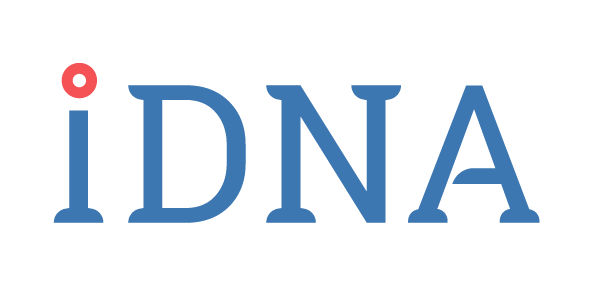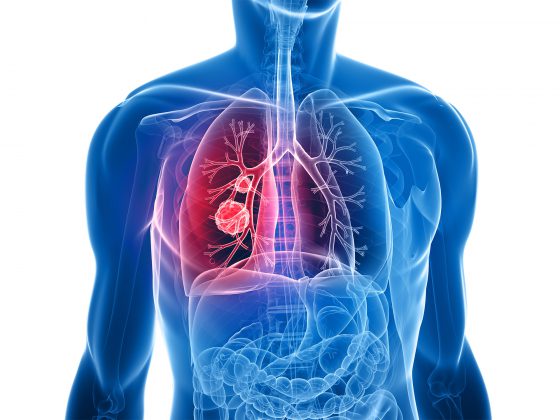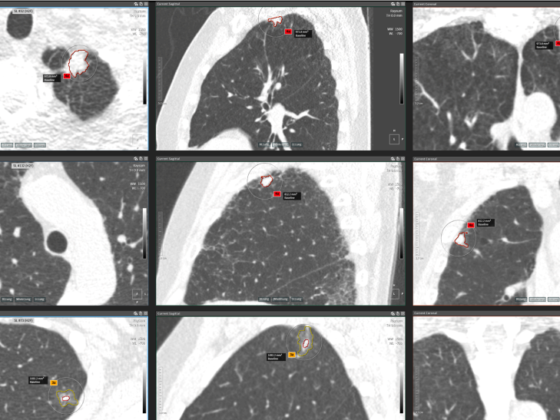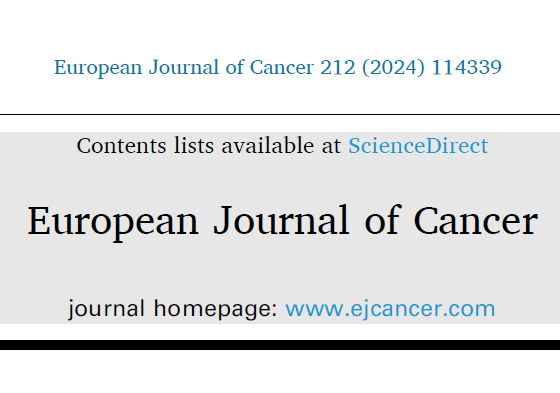This week, the Antoni van Leeuwenhoek (AVL) Dutch Cancer Institute will officially start as the first Dutch center with a study on personalized lung cancer screening. After an earlier pilot phase, the first participants in the study underwent a CT scan yesterday at the AVL Center for Early Diagnosis. This study, led by Erasmus MC, looks at how lung cancer screening can be organized most efficiently: how do we reach and inform the people who are most at risk and how often should CT scans be made? Lung cancer screening aims to detect lung cancer at an early stage and is aimed at people with a strongly increased risk of lung cancer. 2,800 participants – out of the 9,000 in total in the Netherlands are being examined in the AVL, it is expected that they will all undergo a first scan in 2023.
The CT scan is assessed by both radiologists and an artificial intelligence system at CT screening coordinator Institute for DiagNostic Accuracy (iDNA). AVL radiologist Alexander Schmitz about the possible outcomes of the CT scan: “In case of a positive scan, with an abnormality suspected of lung cancer, the participant’s GP will be informed and subsequently receive a referral to the pulmonologist including additional research. In some cases, the CT scan will show small yet unclear abnormalities. In this case, the CT scan will be repeated after three months. Usually (+/- 90%) we still have a negative scan and we can remove the suspicion of lung cancer. In most cases, there is an immediate negative scan, thereby excluding any suspicion of lung cancer.” Participants with a negative CT scan will be randomized into two groups for the follow-up scan: after 1 or 2 years. “The research question related to this screening method is whether it is necessary to scan every year in case of a negative scan, plus the extent to which artificial intelligence can be of added value during the assessment, and how we can make lung cancer screening as cost-effective as possible”. In addition to the Netherlands, the study is also being carried out in four other European countries. A total of 26,000 people will participate in the study. The results are expected in 2026.
Improving lung cancer survival
Lung cancer screening is aimed at people who have smoked for a long time (till present) or have smoked for a long time in the past, and therefore have a considerably increased risk of developing lung cancer. Lung cancer often only causes symptoms at a late stage and is then difficult to treat, with a small chance of surviving the disease. Detecting lung cancer early, even prior to showing any symptoms, can improve survival from lung cancer significantly.
Blood test
Blood is also taken from participants who gave permission for this. AVL clinical chemist Daan van den Broek: “With this blood taken, we investigate whether certain values or substances in the blood indicate lung cancer and how we can use this to improve the screening. A low-cost blood test may contribute to the feasibility and impact of lung cancer screening.”
Quit smoking
The study also pays attention to prevention. Alexander Schmitz: “Stop smoking, or rather never start smoking, is the best way to prevent death through lung cancer. That is why counseling to quit smoking is also part of this project. All participants who are still smoking will be offered support to quit smoking. Smoking cessation coaches can be consulted for this and the SineFuma foundation will hold consultation hours during the study at the AVL Center for Early Diagnosis.”
AVL Center for Early Diagnosis
The AVL Center for Early Diagnosis is one of the screening sites in the 4-IN-THE-LUNG-RUN study. The AVL Center for Early Diagnosis is part of the Antoni van Leeuwenhoek, the hospital and research institute specialized in cancer in the Netherlands. In this center, innovation and scientific research are combined to quickly provide certainty in the event of risk factors or signals that may indicate cancer. In addition, scientific research is being done on screening methods.
See here for the Dutch press release of AVL.




